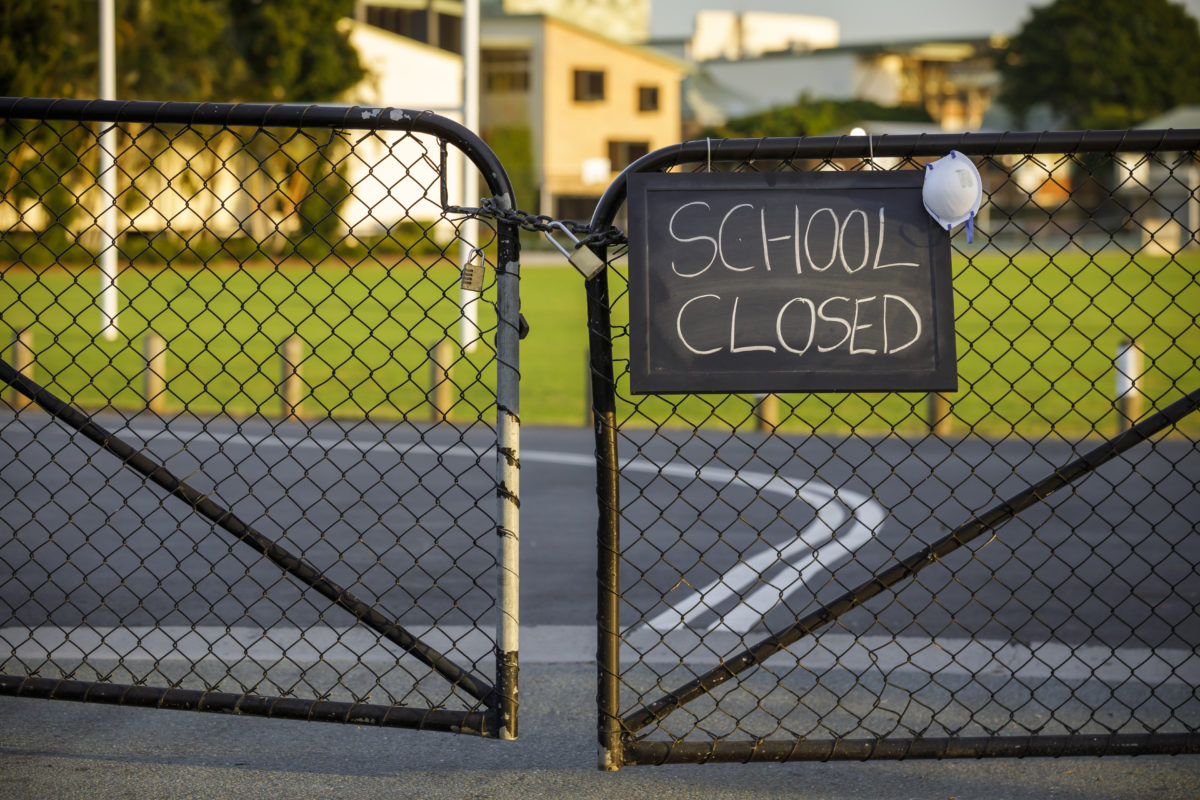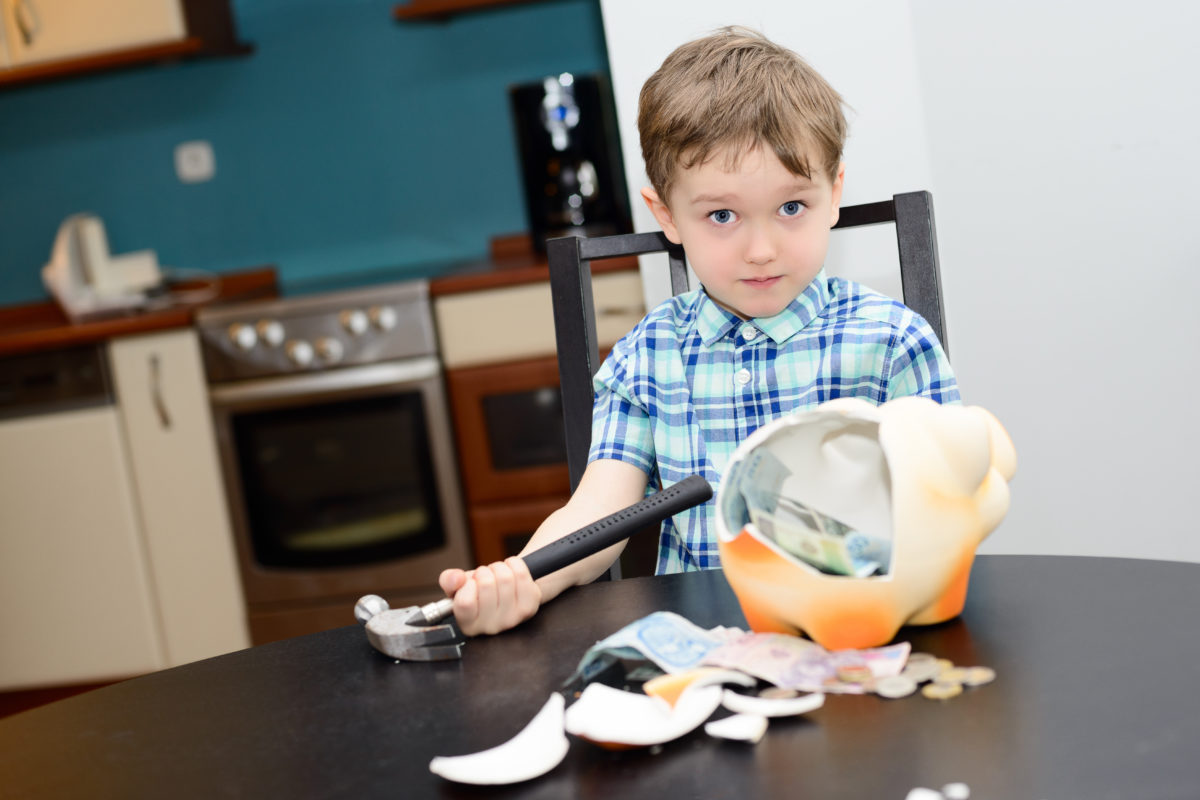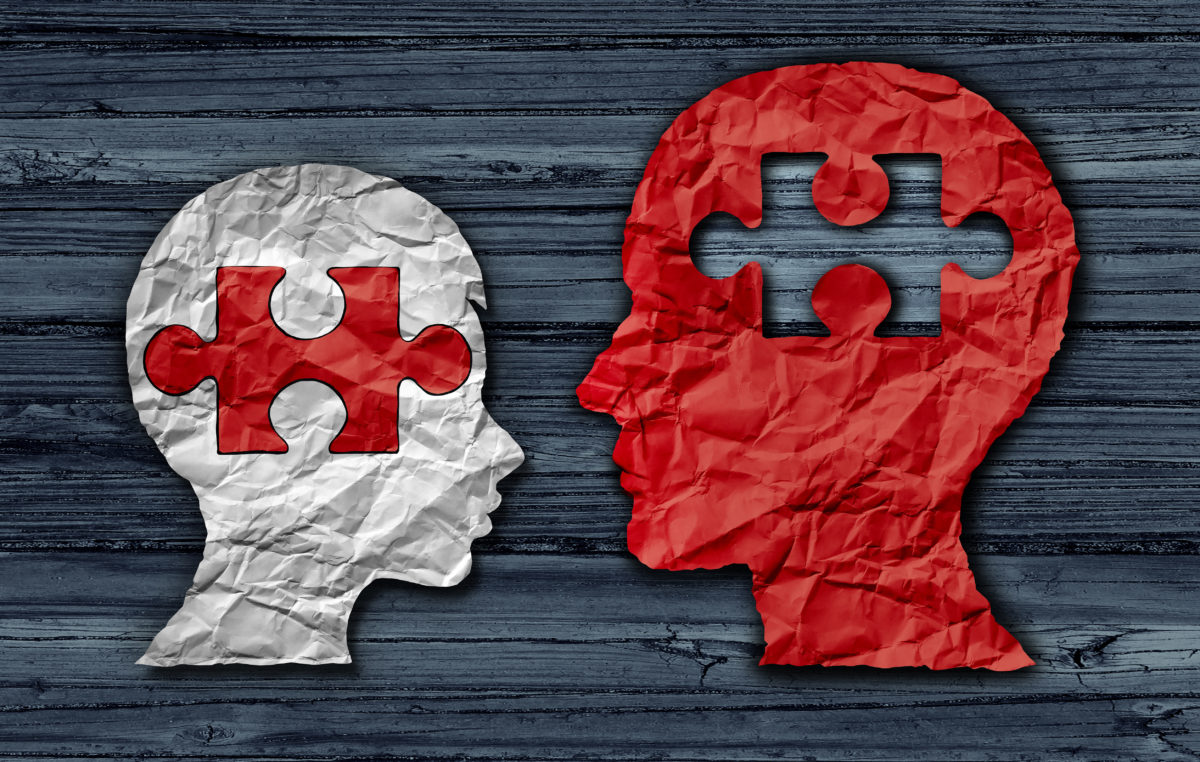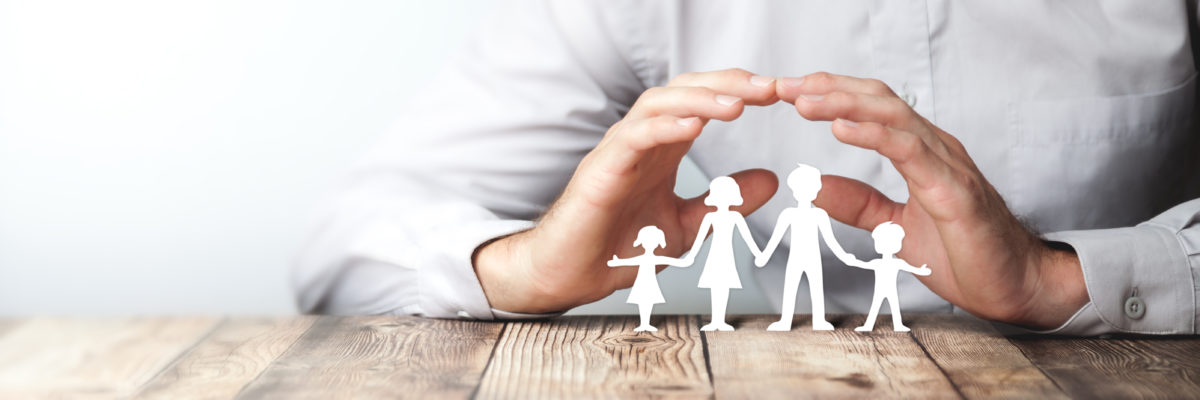


The Great Kindergarten Recession

The Best Case for Early Childhood Education
Children start to develop powerful cognitive capabilities, complex emotions, and essential social skills in the earliest years. Jack P. Shonkoff of the Harvard Chan School of Public Health writes, “[B]y 12 months of age, the human brain can differentiate all the sounds of the spoken language(s) to which it has been exposed.…Thus, learning at age 2 builds on what was mastered at age 1 and, in turn, lays the continuing foundation for what will be learned at age 3 and beyond.” As reported on EducationWeek by Sarah Sparks, “Studies find that even this early [6-12 months], infants who later have poor pre-literacy skills in kindergarten and poor reading skills in school can show less mature brain activity in these speech Read More ›

Cultivating Familial Culture: From Parents to School Staff
“Adolescents can be challenging for educators to keep engaged,” reported author Sarah D. Sparks on Education Week, citing a study by the Centers for Disease Control and Prevention (CDC) tracking over 14,000 middle and high school students over 20 years. The National Longitudinal Study of Adolescent to Adult Health asked students, grades 7 through 12, about their feelings towards school. For example, one question was, “[Do] you feel that your teachers care about you?” Once the students had reached their 20’s and 30’s they were then asked by the CDC “whether they had emotional problems…victims of physical violence…used illicit drugs…practiced safe sex.” The research found that, “students who had felt strongly connected to school as teenagers grew up to have Read More ›

Family Matters Most
Variation of student achievement comes from factors outside of school, and that rests with the family. The influence of family in childhood educational outcomes results from four factors: parental education, family income, parental choice, and the access to early childhood education. Parents who are better educated generate great social and cultural capital for their children. For example, children of better-educated adults are exposed to many more words. Don Nielsen points out in his book, Every School, that in “a home where at least one parent is a professional, a child will hear 2,153 words per waking hour. In a working-class home, the number is 1,251 words per hour. A child growing up in a welfare home averages only 616 words Read More ›

Parents’ Imperative Responsibility
Government action is not going to rectify our failing educational system. Instead of throwing more money at schools, especially intercity schools, it is essential to have more family action within education. There needs to be a return of parental responsibility in schools. The idea that kids are failing in intercity schools simply because of bad teachers is untrue. Many intercity teachers are doing a marvelous job even in a broken educational system. “America 2000”, signed into law in 1994 and a product of a 1989 educational summit held by the late President George H.W. Bush and chaired by soon-to-be President Bill Clinton, reinforced the importance of a child’s parents in the educational process. The report stated that “Today’s young Americans Read More ›
